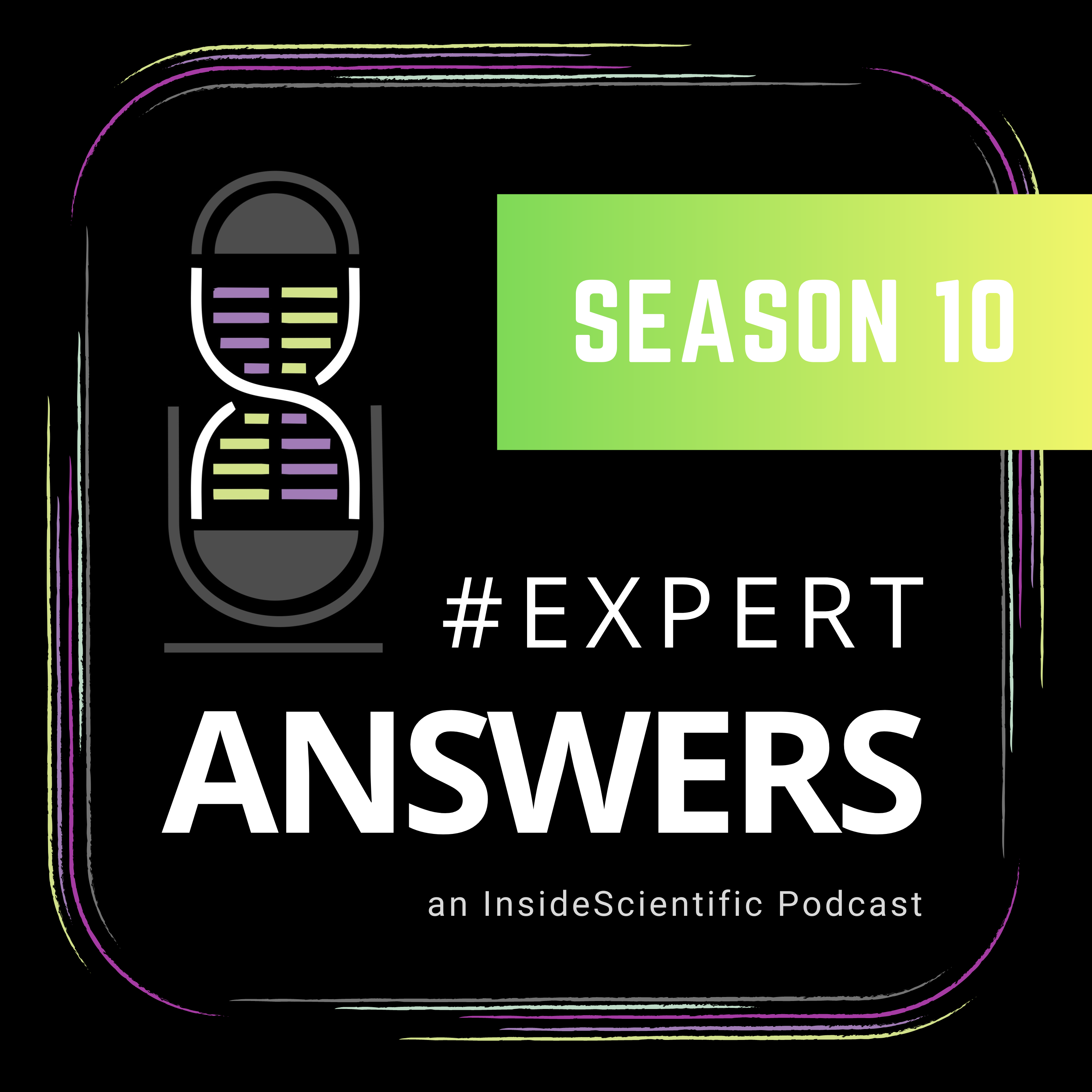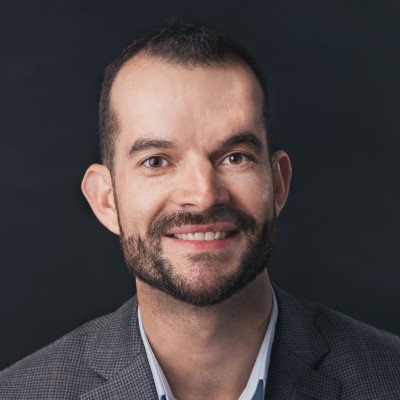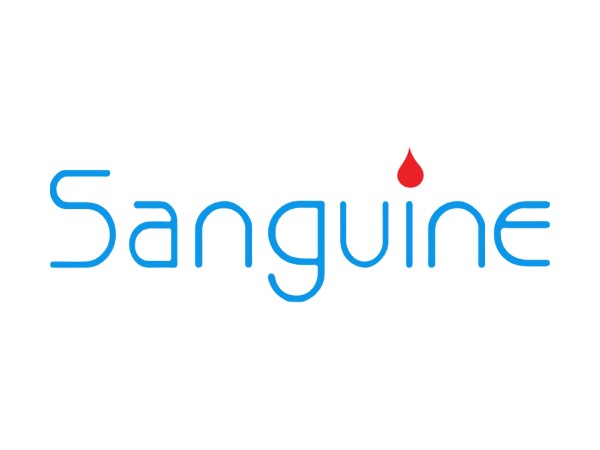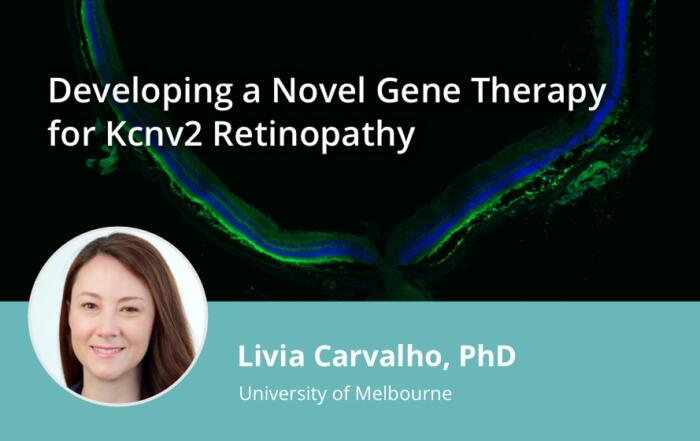Dr. Sam Sternberg discusses a novel CRISPR-Cas9 system using programmable, RNA-guided transposase, and highlights its implications for kilobase-scale genome engineering in cell and gene therapies.
The utility of programmable, RNA-guided CRISPR-Cas systems in genome engineering continues to evolve. Nature has afforded scientists novel and diverse gene editing functionality, from nuclease-dependent CRISPR-Cas9 to second-generation base and prime editors that do not produce double-strand breaks.
In this webinar, Dr. Sam Sternberg describes a new CRISPR-Cas9 paradigm relying on nuclease-deficient bacterial transposons that catalyze RNA-guided integration of mobile genetic elements into the genome. The discovery of a fully programmable, RNA-guided transposase lays the foundation for kilobase-scale genome engineering with broad applications for developing cell and gene therapies.
Key Topics Include:
- The basics of first- and second-generation CRISPR-Cas technologies from a scientist at the forefront of their development
- Mechanisms, accommodation, and cell type diversity of CRISPR-Cas programmable transposition
- How transposase factor coordination enables highly specific, genome-wide DNA integration to target sites
- Implications of programmable transposases that obviate the need for DNA double-strand breaks and homologous recombination
Click to watch the webinar recording. To view the presentation full screen, click the square icon in the bottom-right corner of the video viewer.
Resources
To retrieve a PDF copy of the presentation, click on the link below the slide player. From this page, click on the “Download” link to retrieve the file.
Presenters
Assistant Professor
Biochemistry and Molecular Biophysics
Columbia University






